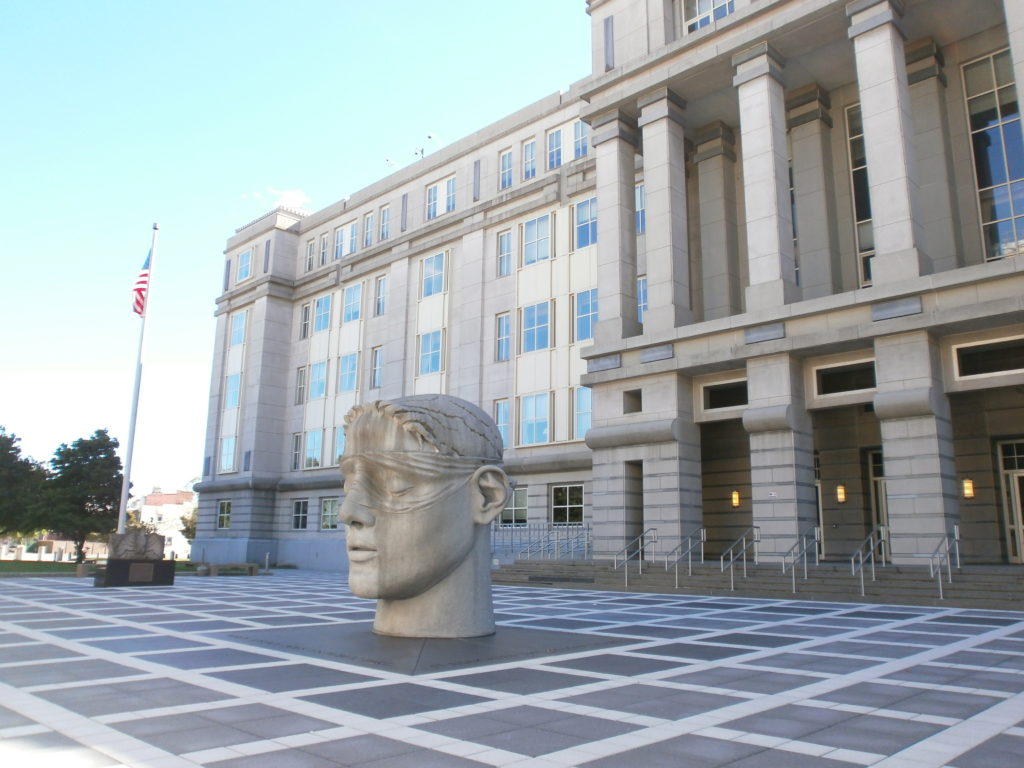Justice Kennedy Retirement May Leave Status Quo Intact On Campaign Finance Cases

Rumors persist that U.S. Supreme Court Justice Anthony Kennedy is planning to retire this summer.
If so, how will Justice Kennedy’s departure affect the direction the Court has been taking regarding campaign finance law?
Probably not very much. President Donald Trump will likely nominate someone to the Court who would follow in the conservative footsteps of the late Antonin Scalia. The president already has replaced Scalia, a Trenton native, with another strong conservative, Neil Gorsuch of Colorado.
Justices Scalia and Kennedy pretty much voted in tandem on campaign finance cases. Thus a nominee in the mold of Scalia would leave in place a 5-4 majority whose guidepost has been the First Amendment.
Since 2006, the high court has issued a half-dozen opinions that rolled back many campaign finance restrictions primarily due to First Amendment concerns. Most notable was Citizens United v. FEC (2010), which let corporations and unions spend unlimited sums on elections as long as they did not coordinate with parties or candidates.
Although Judge Gorsuch has not yet presided over a major campaign finance case, his record on the Tenth Circuit provides a glimpse into his thinking.
In Riddle v. Hickenlooper, a case that involved disparate contribution limits for major and minor party candidates, Judge Gorsuch sided with the majority in finding this scheme unconstitutional.
Besides citing the equal protection clause, he added “the act of contributing to political campaigns implicates a ‘basic constitutional freedom,’ one lying ‘at the foundation of a free society’ and enjoying a significant relationship to the right to speak and associate—both expressly protected First Amendment activities.”
In Justice Kennedy, we find a judge that has consistently relied on the First Amendment to rule on campaign finance issues. Long before Citizens United in 2010, Justice Kennedy was arguing that corporations had a First Amendment right to spend independently on political campaigns. He did so in the 1990 decision in Austin v. Michigan Chamber of Commerce.
In delivering the opinion of the Court in Citizens United, and in remaining steadfast in his reliance on the First Amendment, Justice Kennedy stated, “The rule that political speech cannot be limited based on a speaker’s wealth is a necessary consequence of the premise that the First Amendment generally prohibits the suppression of political speech based on the speaker’s identity.”
Thus, it would appear that if President Trump has the opportunity to appoint a replacement for Justice Kennedy, the 5-4 breakdown on the Court in terms of campaign finance law will remain the same.
Though no campaign finance cases are imminent, the Supreme Court assuredly will be dealing with this statutory area in the future.
There have been some who have called for the High Court to reconsider Citizens United. It is highly doubtful that a Court majority comprised of two new members who are acolytes of Justices Scalia and Kennedy will reconsider the 2010 ruling.
Thus, the only way to undo Citizens United would be by amending the Constitution. Since this venerable document has been amended only 27 times in our 229-year history, the likelihood of undoing Citizens United is slim.
There is one looming constitutional area that the Court will be ruling on that may indirectly impact campaign financing.
Before the Court is Gill v. Whitford, which involves the issue of partisan gerrymandering. If the Court were to rule Wisconsin’s legislative district map unconstitutional on the basis of partisan gerrymandering, it would all but be establishing a proportional electoral system.
A proportional electoral system for State legislative and congressional redistricting would increase the amount of money spent on elections, which in turn would inevitably lead to further challenges to campaign finance law.
Whether or not Justice Kennedy decides to retire this summer will have no bearing on the direction the Supreme Court decides to take on future cases involving campaign finance law.
With or without Justice Kennedy, the 5-4 split on the Court will remain and its decisions will continually be heavily influenced by the First Amendment rights of Free Speech and Assembly.
Jeff Brindle is the Executive Director of the New Jersey Election Law Enforcement Commission.
The opinions presented here are his own and not necessarily those of the Commission.





